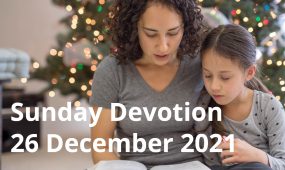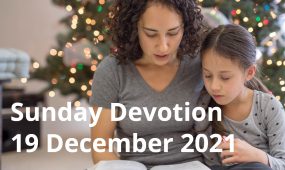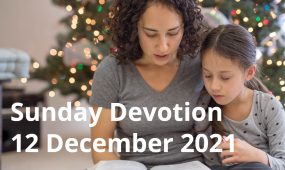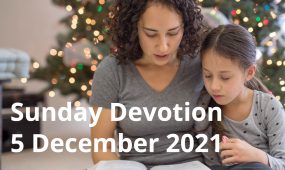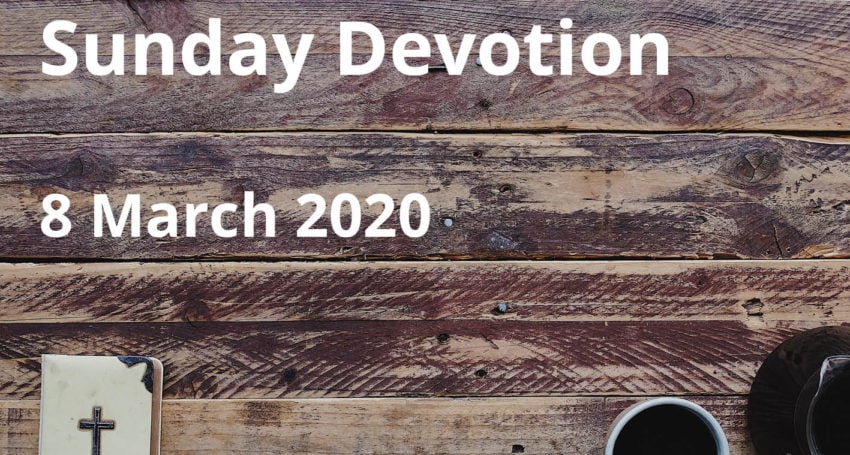
Written by clergy and lay people across our Diocesan community, ‘Sunday Devotions’ is a column of short reflections based on a Lectionary reading of the day, suitable for small group discussion or personal use.
Main Readings: Genesis 12.1-4a; Psalm 121; Romans 4.1-5 (6-12), 13-17;
John 3.1-17
Supplementary Readings: Psalm 27; 2 Corinthians 10.12-18; Exodus 2.23-3.8a; Psalm 119.9-24; Matthew 26.36-56
“If I have told you about earthly things and you do not believe, how can you believe if I tell you about heavenly things?” (John 3.12)
Advertisement
Port Macquarie did not escape the summer burning. The sky turned orange, as did all beneath. Crouching on his heels, a man had his t-shirt pulled over his nose for protection against the smoke. He pulled it aside only to draw on a cigarette.
We are all full of contradictions. The narratives that shape us are strong and often hidden. To be open to a whole new possibility can be terrifying. At God’s call, Abram and Sarai left all they knew to travel to another land (Genesis 12.1-4a) and Nicodemus stood with Jesus at the very edge of a new birth (John 3.1-17).
Towards the end of World War II, the poet W.H. Auden wrote: “We would rather be ruined than changed. We would rather die in our dread, than climb the cross of the moment, and let our illusions die.” This quote is for all. Who has not stood firmly on the known while the very ground beneath has shifted? Think grief, trauma, growing up or relationship transitions? The upheaval climate change is bringing is another example. In any context, leaving what we know is a profound challenge.
The perfect love of God revealed in Jesus draws us towards new horizons and new birth. But there is no half going nor partial birth. It is all in. Jesus’ work is to heal, not condemn – a work for the good of the cosmos. Dare we pray: come Lord Jesus, liberate us from our illusions and cast us into the tumult of your redeeming work.

